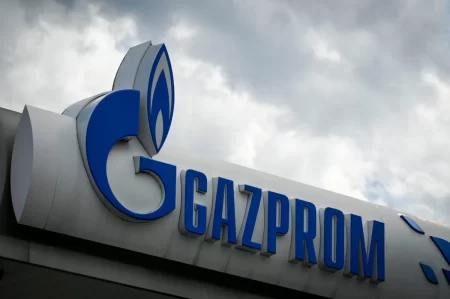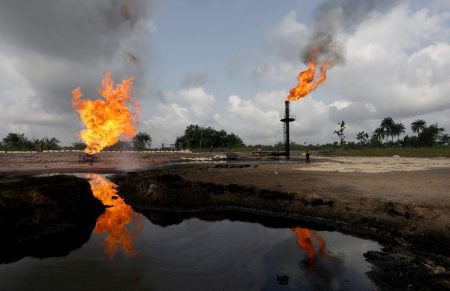
17 July 2015, Marracuene — Mozambique’s National Hydrocarbon Company (ENH) on Wednesday connected its natural gas pipeline to its first client in Marracuene district, north of Maputo.
The client is the factory Favos de Mocambique, which makes egg cartons. From this factory, the distribution of gas will be extended to shops, hospitals, hotels and restaurants in Marracuene.
The Wednesday ceremony marked the conclusion of the Maputo and Marracuene Gas Distribution Project, which began in November 2009, and has benefited from funding of 38.2 million US dollars from the South Korean company, Kogas.
The gas comes from the natural gas fields at Pande and Temane, in Inhambane province. The South African petro-chemical company Sasol treats the gas at Temane, and then sends it by pipeline to its chemical factories at Secunda in South Africa. At Ressano Garcia, on the border, a second pipeline branches off, carrying gas for use in Maputo, Matola and Marracuene.
“We have managed to establish a gas distribution network in Maputo and Marracuene”, declared ENH Chairperson Nelson Ocuane. “”Last year we concluded the network of 60 kilometres within Maputo, and this year, we have built the extension of about 14 kilometres into Marracuene district”.
“From this factory, we will be able to extend the network throughout Marracuene”, continued Ocuane. “We want to reach the largest possible number of clients in this district”.
The Marracuene district administrator, Maria Vicente, said the arrival of the gas pipeline marked a new stage in the history of the district. “Multi-sector partnerships” would now be needed to channel the gas to homes and to companies.
ENH wants to hire a private company to take charge of the domestic gas connection. The main problem is the initial cost. Connecting the gas to a consumer costs between 30,000 and 90,000 meticais (between 790 and 2,370 dollars), depending on distance. The cost is high because the valves and all the other equipment used must be imported.
The advantages of using Mozambique’s own gas are that it is cheaper than imported liquid fuels, and much cleaner than firewood or charcoal.
*AIM



